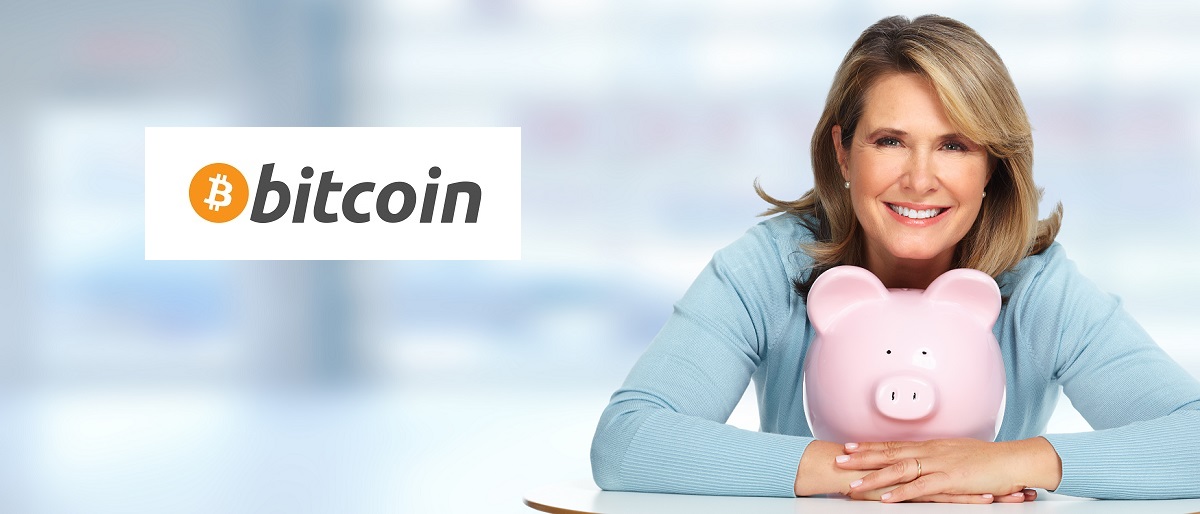
Bitcoin is the currency of the future. It’s decentralized, anonymous, secure, and provides the potential for exciting blockchain technologies. But what some might not know is that it’s already possible to make a Bitcoin savings account.
To be clear, Bitcoin is a new, evolving form of currency. While it continues to grow in value, many have criticized it for its slow transaction speeds and the energy it requires to process them. Bitcoin is a promising, viable currency, to be clear, but it pays to know about it before investing.
In this guide, we’ll discuss the 5 things to keep in mind before making a Bitcoin Savings Plan. How does DCA (dollar cost averaging) work with Bitcoin?
Bitcoin is a type of cryptocurrency. Cryptocurrency uses modern cryptographic technology to validate transactions on a blockchain ledger. To put that in simpler terms, it’s an open-source currency that anyone can use anywhere without middlemen or government intervention.
Cryptocurrency has the following benefits:
Bitcoin does have some criticisms, too. However, it’s important to recognize that this technology is in its early stages. Bitcoin development is ongoing, and therefore you may experience changes down the line.
We’re sure you have plenty of questions on how a Bitcoin Savings Plan works. Let’s discuss the five things you should be aware of when trading in cryptocurrency.
Disclaimer: First Financial does not provide any investment, financial, tax, legal or other professional advice. We recommend that you consult with financial and tax advisors to understand the risks and consequences of buying, selling, and holding Bitcoin.
Cryptocurrency is the new kid on the block, and as a result, regulators are still working on how to implement it. The US government has only begun to collect taxes on crypto investments in recent years. In other words, the law has yet to catch up with cryptocurrency regulation.
The FDIC has been the bulwark that protects Americans against economic ruin. When banks fail, the FDIC ensures that you can still reclaim up to $250,000 per person.
Unfortunately, the FDIC does not yet cover crypto assets. It goes without saying that you do take a risk if things take a turn for the worst. Know that your Bitcoin savings account does not have government insurance.
Cryptocurrency, unlike the US dollar, is not a stable currency. Volatility means that the price can change drastically over short periods of time. Sometimes, Bitcoin can fluctuate in thousands of dollars within a period of just a few days or weeks.
This is a double-edged sword. It means cryptocurrency is not yet good for everyday transactions where currency stability matters. However, it does make it ideal to invest in Bitcoin.
Your Bitcoin savings account can earn you a lot of money over the life of the account. Thankfully, you don’t have to deal with those price fluctuations. Your savings account provider will trade your Bitcoin for you and only show you a guaranteed interest rate.
Big institutions like banks will often offer low-interest rates for savings accounts. This makes it great to have a savings account for the long term. But in the short term, you won’t make as much money.
With a Bitcoin savings account, you could be looking at returns as high as 20%. That’s a huge ROI for a simple savings plan and one that allows you to cash in more often.
While the price volatility is a downside in some regards, it’s a huge advantage in others. Your Bitcoin savings can accrue a lot of interest thanks to your organization’s ability to do lucrative day trading.
An economic downturn is, unfortunately, inevitable. Many families seek to diversify their investments as a means of weathering any future recessions. Bitcoin is one such way you can do that.
The interest in cryptocurrency has skyrocketed in recent years. Large crypto exchanges now regularly advertise at the Superbowl, Bitcoin ATMs are commonplace, and some stores accept Bitcoin transactions. This is a good sign that people are interested, and investments will continue to pour in.
Diversifying investments means keeping an eye on the market. The surge in NFTs and crypto-based technologies should be a clear signal to investors about where to put their money.
To be clear, Bitcoin is a volatile currency, and price fluctuations are the norm. However, Bitcoin is not like the dollar, which the US government can continue to print ad infinitum. Cryptocurrency miners produce Bitcoin at the same rate that real miners extract gold from the ground.
This means there is a finite amount of Bitcoin. And as with finite assets like gold, the value increases due to scarcity. Fluctuations aside, Bitcoin will continue to rise in value over time as there is less and less of it to go around.
The last Bitcoins will be mined in 2140, meaning this is an excellent long-term savings account. If you want savings that you can pass on to grandchildren, this might be for you.

A Bitcoin savings account is an excellent way to get a piece of the pie during the cryptocurrency craze. This gives you access to a high-interest account on assets that have a limited supply. However, keep price volatility in mind and know the FDIC does not insure crypto.
If you want to save Bitcoin, First Financial can help.
First Financial® | Corporate Headquarters | Mailing Address: First Financial 8880 Rio San Diego Dr. 8th Floor #2011 San Diego, CA 92108
Client Service Center: Main: 1-800-315-7791 Fax: 1-800-215-0217
First Financial® & First Financial Online® are Federally Registered Trademarks
©1996-2024 First Financial®, All Rights Reserved. All other products and company names are trademarks of their respective companies. First Financial® does not provide any investment, financial, tax, legal or other professional advice. We recommend that you consult with financial and tax advisors to understand the risks and consequences of buying, selling and holding Bitcoin.*Not all lenders can provide up to $5,000.